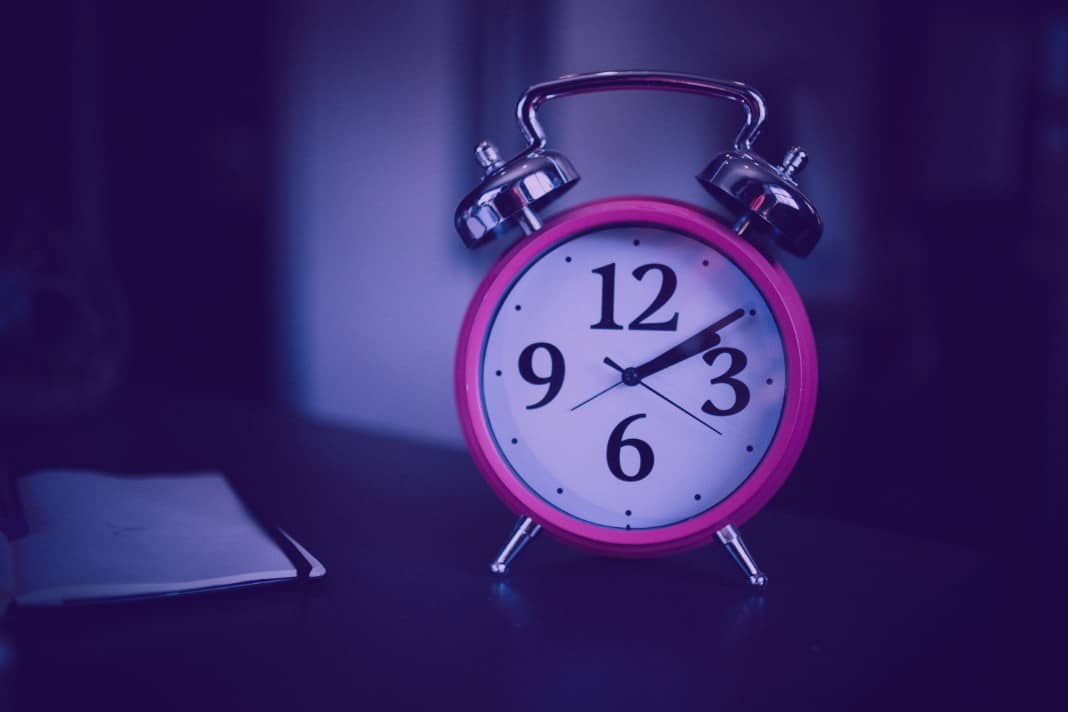Anne-Laure Sellier: Against the clock

Abstract
To plan activities and move from one to the next, human beings can rely on an external clock (clock time) or to their internal sensations (event time). This article shows how these two ways of functioning can shape how people perceive the world. Studies show that people’s dependence on clock time or event time is not just a product of their culture. These two approaches to planning can be likened to filters through which individuals perceive the world. In profound and different ways, they influence our sense of control over reality, as well as our ability to feel positive emotions. The article discusses the practical implications of this in the fields of creativity, consumer decision-making, and management. Current Opinion in Psychology, 2019
3 questions to Anne-Laure Sellier, Associate Professor at HEC.

What do you think is the main contribution of your research?
An awareness of the consequences of the clock in our society. For nearly two centuries, we have constructed an economy based on this object. But clocks have not always been around. The earliest sundials date back to 5,000 years ago. Then, in the 16th century, Protestantism initiated the idea that our time on Earth should count. Later on, Frederick W. Taylor discovered that the greater the coordination of operations, the less value is lost as a result. But this applies to standardized processes. Whereas, the great challenges of our century do not fall into that category. Indeed, we have shown that the more individuals focus on clock time, the worse their physical condition, the less they enjoy positive emotions, and the greater their fear of losing control. This has an impact on the entrepreneurial sphere. The more we follow the diktat of deadlines, the less we are able to propose radical innovations.
So, how can we prioritize event time?
My goal is not to eliminate the human clock. But we must ask ourselves: is clock time really suitable for creative work and the resolution of major societal problems? Some people are more at ease with clock time and others with event time. But aren’t those who go by event time being sacrificed by the current school and economic system? Especially since clock time is not the worldwide norm. So, we could start by ceasing to pressure employees with deadlines. Google’s management, for example, found that their engineers worked better when they were not given a deadline to solve problems affecting the search engine. When we go by event time, we do not necessarily move more slowly, but we rely more on our feelings.
What direction will your work take from here?
I am developing a project on obesity in France, because the situation is worrying. The majority of children do not know how to recognize one third of vegetables and the time spent eating is insufficient in school lunch rooms. When children are at the age when we should be broadening their tastes and encouraging their curiosity, we are rushing them to scarf down their lunch in thirty minutes. I also work on creativity. I want to distinguish the type of tasks that benefit from clock time from those that are better performed in event time. As you may have guessed by now: my article will be published when it is good and ready, because as Thomas Edison said: “There are no rules here… we’re trying to accomplish something.”
Published by La rédaction

